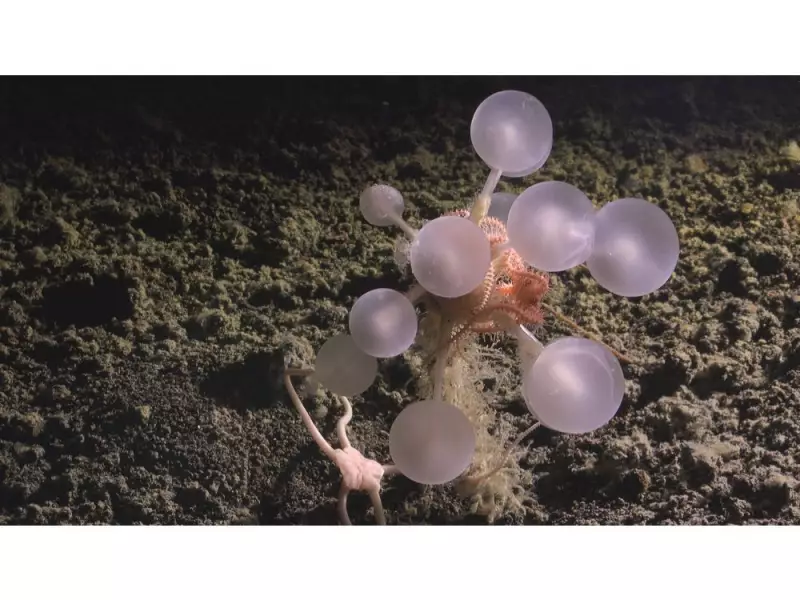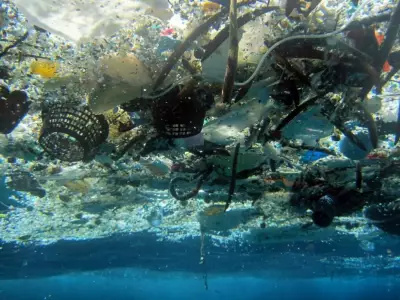
In a groundbreaking discovery that reads like science fiction, marine biologists have uncovered 30 previously unknown species thriving in the dark, frigid depths of the Southern Ocean. The most terrifying and fascinating of these discoveries? A carnivorous sponge that has earned the chilling nickname "Death Ball" for its unique hunting methods.
The Predator of the Deep
The so-called "Death Ball" sponge represents one of nature's most ingenious adaptations. Unlike traditional filter-feeding sponges, this newly discovered species actively hunts and consumes small crustaceans and other marine organisms using specialized hook-like structures.
"This sponge essentially acts as a carnivorous trap," explained lead researcher Dr. Susanne Lockhart. "It captures prey that wanders too close, then slowly digests them over several days. The 'Death Ball' nickname perfectly captures its predatory nature."
Uncharted Territory Reveals Hidden Wonders
The research expedition, conducted in some of the most remote waters surrounding Antarctica, utilized advanced remotely operated vehicles (ROVs) to explore depths previously inaccessible to scientists. What they found exceeded all expectations.
Among the 30 new species documented were:
- Glass sponges with intricate silica skeletons
- Brittle stars with unique feeding mechanisms
- Previously unknown sea cucumbers
- Multiple species of hydroids and corals
Why This Discovery Matters
These findings are more than just scientific curiosities. The Southern Ocean represents one of the last true wilderness areas on our planet, and understanding its biodiversity is crucial for conservation efforts.
Climate change implications: Many of these newly discovered species live in waters that are particularly vulnerable to ocean acidification and warming temperatures.
Medical potential: Deep-sea organisms often produce unique chemical compounds that have shown promise in pharmaceutical research, including potential cancer treatments.
Conservation urgency: The discovery highlights how much we still have to learn about deep-sea ecosystems before human activities potentially damage them forever.
The Future of Deep-Sea Exploration
This expedition represents just the beginning of understanding the Southern Ocean's mysterious depths. Researchers emphasize that less than 20% of the world's ocean floor has been mapped in detail, leaving vast areas completely unexplored.
"Every time we send equipment into these deep waters, we find something new and extraordinary," said Dr. Lockhart. "The 'Death Ball' sponge and its 29 companions are a powerful reminder that our oceans still hold countless secrets waiting to be discovered."
The research team continues to analyze their findings, with formal scientific descriptions of the new species expected to be published in the coming months.





